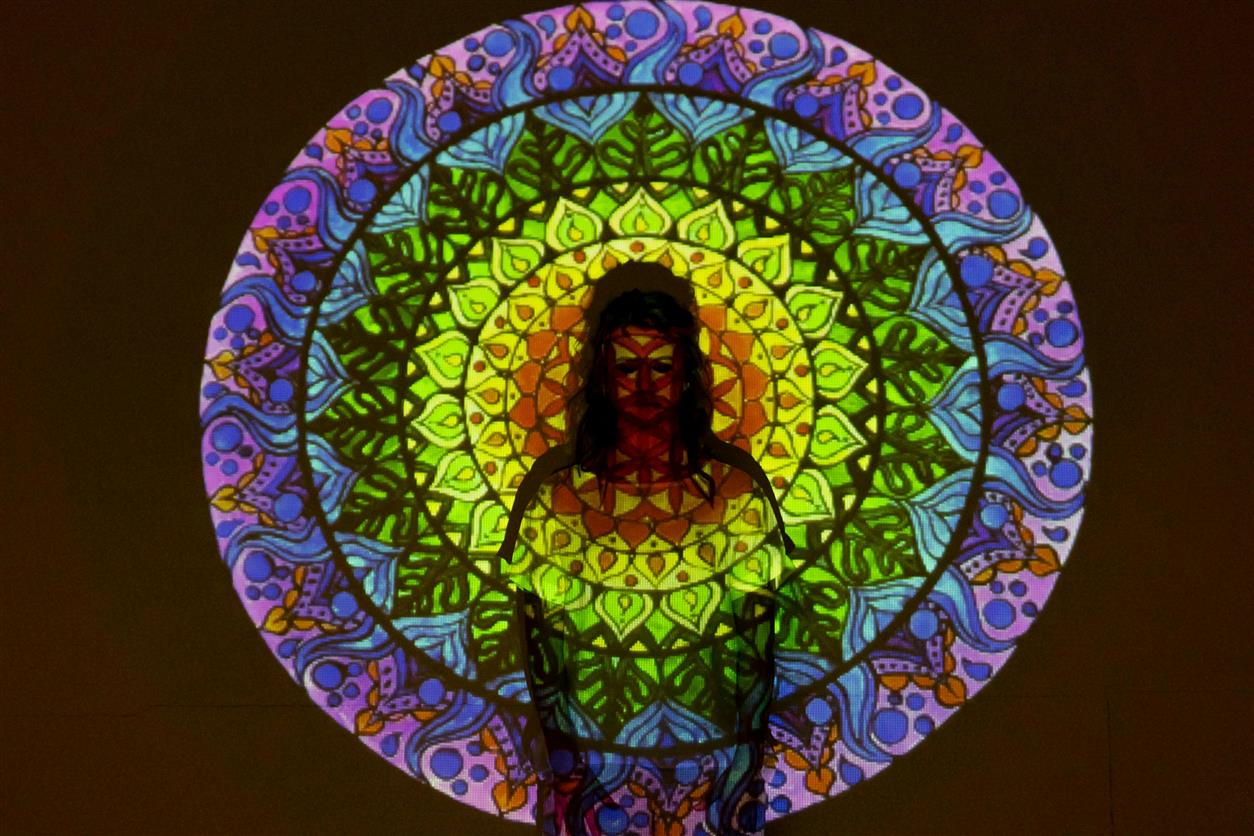
Over the past few years, psychedelic therapy has moved from the fringes of wellness circles into more mainstream conversations about mental health and personal growth. What was once dismissed or feared is now being reexamined in clinical settings, lifestyle practices, and even corporate environments. This shift represents more than a rebranding of mind-altering substances—it marks a deeper cultural reevaluation of how we define healing, consciousness, and self-care.
A Historical Context Revisited
Psychedelics have a long and complex history. In Indigenous cultures across the Americas, Africa, and Asia, plant-based substances like ayahuasca, psilocybin mushrooms, and peyote have been used in spiritual and medicinal ceremonies for centuries. These practices were often rooted in communal healing and personal introspection.
In the West, psychedelics became widely known during the 1950s and 1960s. Early clinical research showed potential in treating depression, anxiety, PTSD, and addiction. But the cultural explosion of the counterculture movement, combined with political fears and social backlash, led to a global crackdown. By the 1970s, most psychedelics were outlawed, and serious research was buried under stigma.
Today, that narrative is being rewritten. Recent studies from reputable institutions like Johns Hopkins, Imperial College London, and MAPS (Multidisciplinary Association for Psychedelic Studies) have revived scientific interest, showing that these substances—when administered in controlled environments—may have profound effects on treatment-resistant mental health conditions.
A New Pillar in Wellness Culture
Wellness has often leaned toward practices that emphasize balance, introspection, and personal empowerment. Yoga, meditation, and plant-based diets have long been pillars of this culture. Now, guided psychedelic experiences are being integrated into that ecosystem.
For many, the appeal lies not in escapism, but in confronting difficult emotions with support. Psychedelic therapy, typically guided by trained facilitators or therapists, offers a structure: preparation, dosage control, and post-session integration. This format distinguishes it from recreational use and aligns it more with therapeutic traditions.
Retreats and clinics offering legal psychedelic experiences are gaining traction in countries like the Netherlands, Jamaica, and Costa Rica. In the U.S., Oregon has decriminalized psilocybin for therapeutic use, while Colorado is following a similar path. These changes reflect shifting attitudes not just among patients and practitioners, but also policymakers.

Mental Health Meets Spiritual Inquiry
What makes psychedelic therapy resonate so strongly with wellness culture is its layered appeal. On one level, it addresses clinical symptoms: depression, anxiety, PTSD, and substance use disorders. But on another, it offers something harder to quantify—a sense of meaning, perspective, and connection.
People who undergo these sessions often report feeling a dissolution of the ego, a heightened sense of interconnectedness, and a reevaluation of what truly matters. This aligns with the broader goals of wellness, which prioritize holistic understanding over temporary relief.
Of course, this dual nature has raised questions. Critics worry that positioning psychedelics within the self-help or biohacking scenes could dilute their therapeutic value or lead to unsafe, commodified use. The challenge lies in balancing accessibility with responsibility.
Corporate and Clinical Adoption
As stigma fades, psychedelic therapy is not just being explored in wellness retreats—it’s entering boardrooms and clinical offices.
Several companies are developing psychedelic-based treatments for FDA approval, especially for psilocybin and MDMA. Mental health professionals are increasingly being trained in integration therapy to help patients process experiences even if they occur outside clinical settings.
Interestingly, corporate wellness programs—particularly in tech and creative industries—are beginning to show interest in the benefits of psychedelic-assisted introspection. The goal isn’t to encourage drug use, but to support emotional resilience, reduce burnout, and expand cognitive flexibility.
In a culture that increasingly values emotional intelligence and mental clarity, psychedelics are being reframed as tools, not threats.
The Rise of Integration
Psychedelic therapy doesn’t end when the session is over. One of its core principles is integration: the practice of reflecting on and applying insights gained during the experience. This often involves journaling, therapy, meditation, or group dialogue.
This idea dovetails naturally with wellness culture, which often promotes mindfulness, reflection, and conscious living. In this way, the psychedelic experience becomes a catalyst, not a cure-all. Its benefits depend heavily on the context, the mindset of the user, and the support structures that follow.
Some wellness communities now offer integration circles or support groups for those navigating post-session adjustments. This community-based model recalls older Indigenous traditions and may be key in maintaining the depth and ethics of the practice.
Ethical and Equity Questions
As interest grows, so do questions around equity and ethics. Psychedelic therapy, particularly in Western settings, has become expensive—often priced well beyond what average people can afford. This creates a wellness gap, where access is skewed toward those with financial privilege.
There’s also an ongoing conversation about cultural appropriation. Many of the substances and ceremonial structures originate from Indigenous communities, who have long been marginalized or criminalized for practices now being monetized elsewhere. A responsible psychedelic culture must include reparative frameworks, acknowledgment, and community benefit-sharing.

A Delicate Frontier
While the excitement surrounding psychedelic therapy is understandable, it’s not a cure-all. It’s not for everyone, and it can carry risks, particularly for those with certain psychiatric histories. The need for training, research, and regulation is clear.
Still, the shift underway is hard to ignore. Psychedelic therapy isn’t simply a novel approach to mental health; it’s reshaping how people relate to their inner world. By challenging traditional views of consciousness, selfhood, and healing, it offers a different lens—one that is both ancient and contemporary.
Whether viewed as a tool for mental health or as a gateway to deeper self-awareness, psychedelic therapy is forcing wellness culture to expand its definitions. It’s a frontier that demands caution, respect, and a willingness to listen to voices—both new and ancestral—who have long understood the power of altered states.
4o



